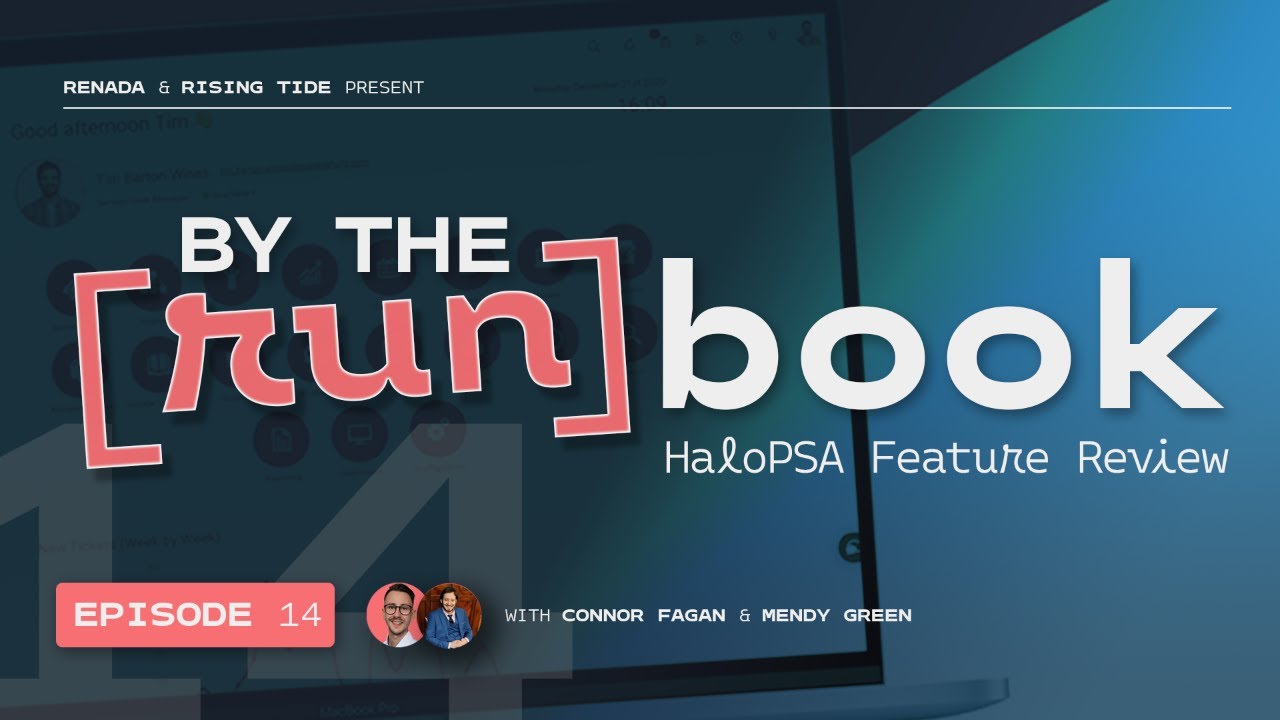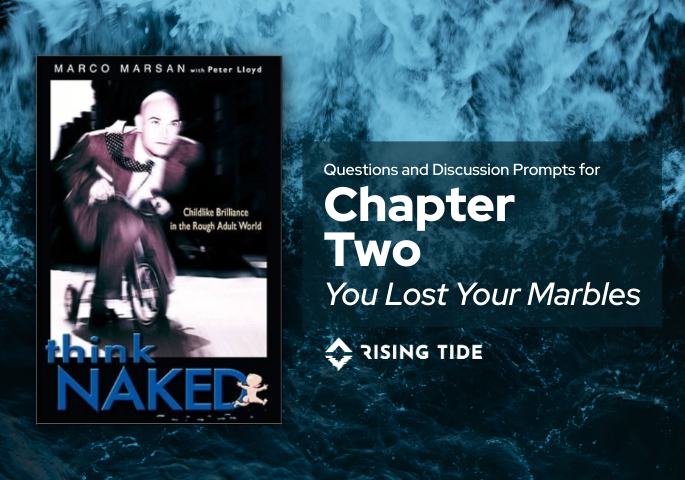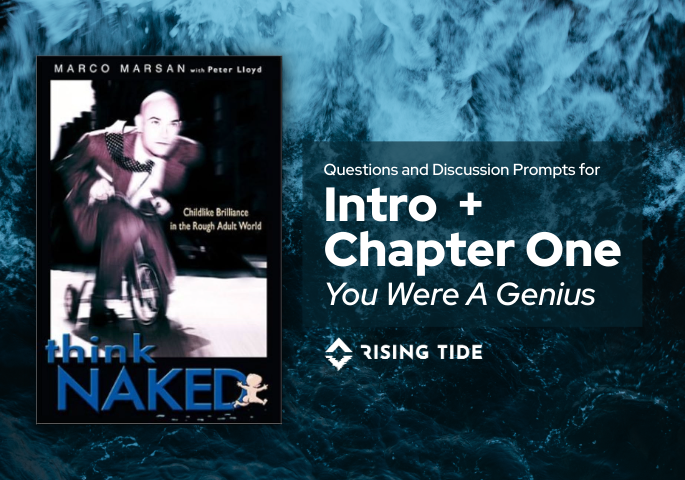By
Mendy Green
December 18, 2022
•
20 min read
Business

“Should my business be going to Cloud?”
This is one of the most popular questions that comes up in my conversations with clients, and like every other question I get, I like to answer it with “It depends”.
Before we can address this, we need to address the ongoing struggle between IT Professionals and Marketing Professionals. This was cleverly outlined in the classic Project Management meme

We won’t get too far into the specifics of this as Marketing can be a post all by itself, but suffice to say, the…let’s call it exuberance to sell something new, tends to make for overly aggressive messaging targeting the Stakeholders which does not generate tingly-friendly feelings on the people who actually have to implement, support, or answer questions about the technical specifics. This is true no matter if the “Expert” person is at your company or the company the marketing person is sitting at. If you need a further demonstration of what this looks like you can watch the skit on YouTube called “The Expert” which should give you an idea of what frame of mind to approach this question with
Keeping this in mind we need to immediately increase our level of skepticism when we hear about Cloud Computing (or really any new technology).
Let’s switch tracks for a moment. One of the things I always talk about is how there’s at least two sides to everything. Literally you can take a specific item, scenario, concept, etc. examine it and you’ll see two or more sides that reflect or are directly opposite to each other. In business finances for example we have Operating costs and Cost of Goods Sold (COGS). Traditionally Operating costs were made up of things like Rent for the office, Utilities, supplies and things like that. Supplies would include the cost of equipment (such as computers) Utilities would include cost of the internet and so on. COGS would be made up of how much money the business would need to spend, in order to provide the service that they offer. This is essentially two sides to the same thing (money being spent), but you track them separately because they help you break down the cost of running the business vs the cost of providing services.
In other words, Operating Expenses can be broken down to the point where you would assign a Per Dollar amount for each Employee that you have, and COGS would be broken down and assigned a Per Dollar amount for each Customer
Now let’s get back to the point of this. Cloud, like everything else, has 2 or more (way more actually) sides. There’s Infrastructure as a Service offerings, Platform as a Service, Software as a Service, and so on and so forth and all of these items get mixed up and placed into the “Cloud” category. If you dig into what Cloud actually is, you’ll find that it’s just…rented computers. Really. If you’re skeptical, you can read more on this here from one of the bigger software platforms on their reasons why they’re leaving the cloud.
The questions we’d want to answer so that we can determine if you should be moving to the cloud are as follows.
Would you be moving your Operating Expenses to the cloud or your COGS. Specifically, are you providing an online service to your clients that requires you to rapidly scale up if you were to grow, or that allows you to measure out the cost of running in the cloud against the number of users you’re servicing?
Running in almost any cloud has pricing that is broken down to the minute, generally speaking. This is one of the big things marketing likes to tout “Scale up or down as needed, so it’s very cost effective”. Cost effective compared to running them 24/7 sure, but not cost effective compared to buying hardware. Marketing is selling you on the idea that if you needed to turn down services, you can do rapidly and save money with it off, but if you never need to turn down services, and your scaling doesn’t happen rapidly, then you’re actually spending way more over the same period of time of hardware life. Up to 4 or 5 times the amount potentially.
Do you have a need either from a compliance standard or your own security policy for enhanced security, physical auditing, a requirement to be highly available or a guaranteed uptime of 4 or more 9s (99.99%)?
Here is where it starts making sense to consider, although the question of finding a datacenter that will rent you hardware or allow you to place hardware vs running in something like Google Cloud, Azure, or AWS is still debatable. In the end the level of redundancies that exist in the cloud or datacenter are harder to build (read, more costly) than using an infrastructure that is already built and essentially being shared. This isn’t a new phenomenon, if you’ve read my article on the MSP Business Fallacy, or even just paid attention in the world the idea of pooling resources to save on costs is a well-established and very successful pattern. This is something that can range on a spectrum from sharing power costs, to sharing full on hardware and running your services on segregated containerized workloads.
Are you concerned about control of your data. Specifically, does it matter to you if your data is physically on equipment that you solely own and control, or is your business okay with the data being placed onto equipment owned and controlled by a trusted Third Party
Data sovereignty is an important part of the equation, even if you do trust it to a third party, the question of which region and where it is physically located is still an issue. In the end the agreements you sign with vendors and clients state that the data you hold for them is your responsibility to protect and keep safe and you do not have the right to assign that responsibility to anyone else. These are all concerns that should be evaluated and addressed in your assessment of moving to cloud.
In the end there’s no real good right answer, as most of these questions are ones you’ll need to decide for your business. I’ve outlined a table below to help with the decision matrix, but it is still only just a suggestion.

In Episode 14 of By the [run]Book, Mendy and Robbie wrap up v2.206 and dive into v2.208. Join us while they unpack a dense set of workflow, billing, automation, and self-service portal enhancements. Highlights include conditional workflow steps, improved qualification matching, project–contract alignment, and powerful new portal customization options. This episode is ideal for MSPs who want tighter operational control, cleaner billing, and more flexible automation inside HaloPSA.
The following features stand out as a few of the impactful changes:
On-call Notification Enhancements #422926
Halo introduced various enhancements to notifications to better support on-call workflows, and Mendy called out that this release note quietly included a massive underlying change. The key takeaway was that important platform-impacting updates can be buried in “notification” notes, so MSPs running on-call should review notification behavior closely after updating.
Assign Contract to Projects & Tasks Created from Sales Orders #1027598
Projects and tasks created from sales orders can now automatically inherit the contract created from that sales order, tightening the link between quoting, delivery, and billing. The hosts emphasized this as a practical fix for MSPs who see project time accidentally hitting the wrong agreement (and wrecking profitability reporting), especially when doing fixed-fee or prepaid project work.
Workflow Automations Using Client/Site/User Custom Fields #1022399
Workflow automations can now use client, site, or user custom fields directly as criteria, reducing the need for workaround runbooks that copy those values onto tickets. The hosts positioned this as a meaningful automation upgrade because it makes routing and logic cleaner, easier to maintain, and more scalable for MSPs with account-specific processes.
Watch Now: By the [run]Book: Episode 14
For easier tracking, check out haloreleases.remmy.dev to filter and search HaloPSA updates by ID, version, and keyword.
Full Feature List:
Added the ability to add Azure/Entra distribution groups as followers | v2.206 #770320 | 1:52
Added an option in AI settings to generate an AI summary of the article based on the title, description and resolution Added an option in AI settings to use the AI-generated summary of an article to identify and flag potential duplicate articles before submission | v2.206 #767579 | 2:58
When tickets have a Teams chat open, if the ticket is closed, a closure message will be sent to all chats | v2.206 #635732 | 3:29
Various enhancements to notifications to support on-call notifications | v2.206 #422926 | 4:02
A setting has been added to Sales Order Configuration so that a specific Status can be set once all Items on the Sales Order are consigned | v2.208 #1034330 | 10:24
The setting "Tickets with the default Organisation/Site must be moved before working on the Ticket" can now be overridden at Ticket Type level | v2.208 #1033540 | 12:51
"Do not disturb" mode for Halo notifications | v2.208 #1028655 | 16:04
A setting "When creating Projects and Tasks assign the Contract created from the Sales Order" has been added to Configuration > Sales Orders > Processing Sales Order Lines that allocates Projects and Tasks created from Sales Orders to the Contract created from the Sales Order | v2.208 #1027598 | 17:27
An Item property had been added to the Milestone so that the Invoice Item can be edited/set after creation of the Milestone. This Item will be used when creating an Invoice directly for the Milestone only | v2.208 #1027578 | 20:33
Added Canned Text Shortcuts for Chat | v2.208 #1024945 | 23:07
Additional data has been added to the Invoice Line object to store the Origin Sales Order Line that the associated Recurring Invoice was created from and to store the Occurrence Count for Recurring Invoices | v2.208 #1024614 | 28:23
Report display improvement when using customised table html | v2.208 #1024326 | 28:55
Added Managed Identity via Azure Arc as an authentication option to the Microsoft Entra integration and Office 365 mailboxes | v2.208 #1024317 | 29:36
It is now possible to set a Tax Exemption reason for a Halo Customer on creation that will be pushed to Quickbooks when the Customer is not taxable | v2.208 #1024297 | 29:44
A setting has been added to allow recurring invoice lines to be hidden by default when viewing the recurring invoice | v2.208 #1024067 | 29:57
Multiple changes to available $ variables | v2.208 #1023687 | 32:18
Added the setting 'Automatically create Change Advise Boards from Teams' to Approval Process settings | v2.208 #1023311 | 32:55
A setting has been added to the QuickBooks Integrations setup so that a Closed Date can be entered. | v2.208 #1022558 | 33:16
You can now use Client, Site or User Custom Fields for criteria on Workflow Automations | v2.208 #1022399 | 33:41
The variable $ SERVICEID can be used in database lookups to obtain the ID of the Service linked to the Ticket | v2.208 #1021534 | 34:21
Custom Statistics Tables added | v2.208 #1019726 | 34:32
Decimals are now allowed within the field "Tickets Opened/Closed within the last X days" in AI suggestions | v2.208 #1018082 | 37:42
Added a new Knowledge Base setting that allows you to hide FAQ tiles that have no results matching the current search in the Portal | v2.208 #1012783 | 37:50
Added a manufacturer field to the suppliers tab of assets | v2.208 #1009501 | 37:57
Improvements to Qualification matching | v2.208 #1008143 | 38:01
Various improvements to the self-service portal | v2.208 #1007918 | 40:49
You can now use Client, Site, User and Organisation level $ variables in the Self Service Portal custom HTML Headers and Footer | v2.208 #1007759 | 43:43
Enhancement to Client-Ticket Type restrictions | v2.208 #1006158 | 47:49
Added a Chat Audit Area Added a new Chat Transcript style | v2.208 #1004851 | 48:34
You can now set feedback and survey links to be single use | v2.208 #1002898 | 48:41
Added an Advanced Setting to alter the Tree menu width | v2.208 #999276 | 51:57
You can now make your custom hompage HTML in the End-User portal appear as a sticky banner across all portal pages | v2.208 #996323 | 52:48
Added option to exclude non-invoiceable time from budget calculations | v2.208 #994004 | 56:01

This discussion guide is part of Rising Tide’s Winter 2026 book club, where we’re reading Think Naked by Marco Marsan.
If you’re just joining us, here are a few pages you’ll likely benefit from:
“If you want to be more creative, stay in part a child, with the creativity and invention that characterizes children before they are deformed by adult society” - Jean Piaget
In Chapter 2, You Lost Your Marbles, Marco Marsan explores how people don’t simply “grow out” of creativity — they are systematically conditioned out of it. The chapter argues that over time, fear, rigid rules, institutional norms, and social conformity slowly strip away curiosity, playfulness, and experimentation.
Marsan frames this loss through several forces:
The chapter opens with a consulting story where a leader dismisses Marsan outright, using it as a framing device to explore how organizations often reject discomfort, challenge, and unconventional thinking — even when they claim to want innovation.
Use these open-ended prompts to guide reflection and conversation. Remember, there are no right answers!
Rising Tide helps MSPs and service-focused teams build better systems: the kind that align people with purpose.
Every Friday at 9:30 AM ET, we host Rising Tide Fridays as an open conversation for MSP owners, consultants, and service professionals who want to grow both professionally, technically, and emotionally. In Winter/Spring 2026, we’re walking through Think Naked.
If that sounds like your kind of crowd, reach out to partners@risingtidegroup.net for the Teams link. Bring your coffee and curiosity…no prep required.

This discussion guide is part of Rising Tide’s Winter 2026 book club, where we’re reading Think Naked by Marco Marsan.
If you’re just joining us, here are a few pages you’ll likely benefit from:
In the introduction and first chapter, Marco Marsan proposes to the readers that creativity is not lost as we age — it is trained out of us. He cites research suggesting that young children test at very high “genius” or creative problem-solving levels, and that this capacity sharply declines by adulthood.
To return to this childlike, “genius” mindset, Marsan introduces five “rules” that mirror how children naturally engage with problems:
Use these open-ended prompts to guide reflection and conversation. Remember, there are no right answers!
Rising Tide helps MSPs and service-focused teams build better systems: the kind that align people with purpose.
Every Friday at 9:30 AM ET, we host Rising Tide Fridays as an open conversation for MSP owners, consultants, and service professionals who want to grow both professionally, technically, and emotionally. In Winter/Spring 2026, we’re walking through Think Naked.
If that sounds like your kind of crowd, reach out to partners@risingtidegroup.net for the Teams link. Bring your coffee and curiosity…no prep required.